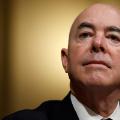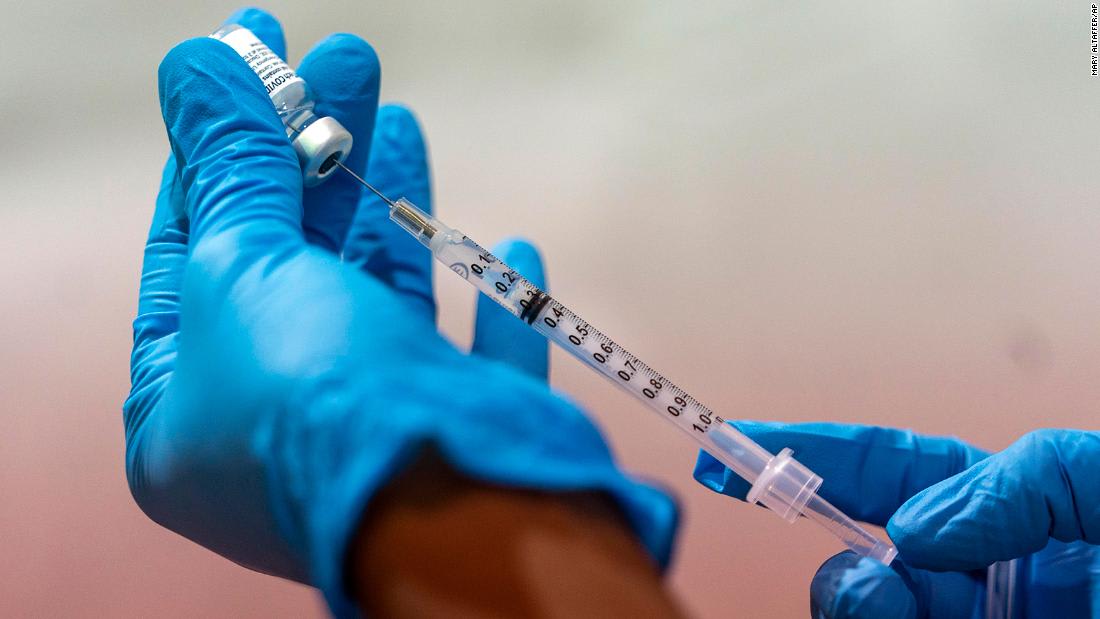The Oxford/AstraZeneca Covid-19 vaccine provides limited protection against mild disease in cases caused by the variant first identified in South Africa, a spokesperson for AstraZeneca told CNN Saturday.
The Financial Times first reported Saturday that a study due to for release Monday showed the vaccine does not appear to provide protection against mild and moderate disease caused by the virus variant. CNN has not obtained a copy of the study.
“In this small phase I/II trial, early data has shown limited efficacy against mild disease primarily due to the B.1.351 South African variant,” the spokesperson wrote in a statement. “However, we have not been able to properly ascertain its effect against severe disease and hospitalization given that subjects were predominantly young healthy adults.”
AstraZeneca said it does believe the vaccine could provide protection against severe disease.
“Oxford University and AstraZeneca have started adapting the vaccine against this variant and will advance rapidly through clinical development so that it is ready for Autumn delivery should it be needed.”




